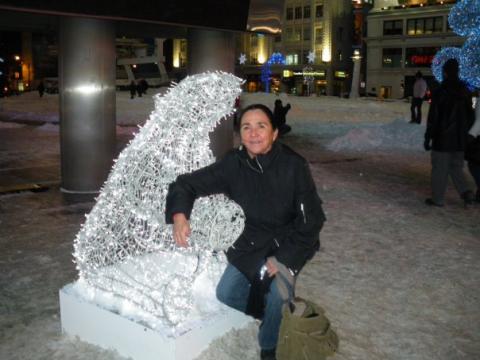Bernice Kamano, Kwakuitl Nation, from Victoria, BC
Bernice Kamano:
____________ _______________________________________________________________
My beginning really has no age but what it has is...it starts off with really bad memories. I was taken away from my mother before I was less than a year old. I went back to a convent in Vancouver and the nuns said, “Oh I remember you. On your first birthday you cried and you screamed.”
I guess that is my beginning because that’s the only thing I know about being a baby. Then after that it was foster homes and ugly people, lots of ugly people in foster homes. I remember one home. When you talk about hair you talk about power. And I remember--and it was before I went to school, I have no idea what age it was. I remember walking into the home, and the first thing the people did to me--the woman--was cut all my hair off. I don’t really remember what I felt--probably was anger, but it was something I’ll never forget.
I guess when I was about eight years old; the Children’s Aid Society told me that my mother--the reason I’d been apprehended from my mother was because she had a drug problem. In my heart I never wanted to find her because I never ever wanted to look and only find out she wasn’t alive anymore.
I have a very good friend of mine that works with the youth in Powell River, name is Glenda Monteith. And she was always after me, “Come on, Bernice, find your family. Go do it. Go do it.”
And I used to say to her, “Yeah I know, I know.”
And she used to get angry at me because she said, “Yeah you know but you never do anything about it.” Which is the way I’ve always been. I know but I can’t do anything about it because I’m afraid. I’m going on just what I learned, how I survived as a child. Glenda went to a conference in Qualicum and she met two women, Honey Cook and Cookie Cook. Glenda told them about me and that I understood I was from Alert Bay, my family was from up there and there’s not many people left in my family. I think probably I’m the only Kamano left. Everyone has since passed on.
Honey and Cookie said they would go back to Alert Bay and find my family and they found my grandfather, and, of course, they knew my grandfather but everybody in Alert Bay used to call him “Peanuts.” Nobody called him by his given name: Victor Kamano.
So I was sitting at my dinner table on a Saturday night. I was getting ready to go to work. I was having dinner with my children. And the phone rang. It was “Hello?”
And I’m going, “Hello?”
“Hi! My name is Victor Kamano and I’m your grandfather.”
I said, “Oh. Okay.”
I think I was probably 27 at the time. The emotions, there were too many.
I said, “Well thank you for calling.” I said, “I will come and see you.”
I didn’t really honestly know what to think about it. I was overwhelmed, scared, everything, I don’t know. So I hung up. I, of course, cried. I told my children what was going on.
So I went to work and told everybody at work what happened and everybody was crying all over the place. It was a difficult night to work!
And about two weeks later my friend Glenda and I went to Alert Bay to find my grandfather and my family.
I met Pinky Hansen who, the first time she saw me, and I told her who I was, that I was Joyce Kamano’s daughter, proceeded to just grab me and hug me. I don’t think I’ve ever cried so much in my whole life. That’s all I did. Pinky would take me around and say, “Well this is your uncle and this is your cousin and this is your auntie.”
And I spent time with my grandfather.
I met a woman in Alert Bay. Her name was Norma Meyers. And she probably was one of the only people that my mother ever kept in contact with when my mother was sick and going through withdrawals. I guess after I was apprehended it was just as devastating for her as it was for me. Norma, at that time, did the best that she could to help my mother but it was very limited. My mother ended up in Kingston Penitentiary, after which she met another man and married and had five more kids...
I know that my mother was living in Niagara Falls and I knew that I had to go and see her. So I went back to Powell River and I made arrangements for someone to take care of my children while I flew to Niagara Falls to find my mom and, like I said, my mom had five more children, four sons, and I have a half-sister named Cathy.
When I got to Niagara Falls, my mother’s husband introduced me as a cousin not to upset the family, which is understandable, because I didn’t want to walk into their lives and say, “Hi. I’m your half-sister.”
Anyway, so Cathy and I went to the hospital room and we walked in and my mother looked at me and she looked at Cathy and she said to Cathy, “Who is that?”
And Cathy said, “This is Bernice.”
And my mother just looked at me and started crying. Well, of course, I was crying. And I looked at her, and I said to her, I says, “Please don’t ever think in your whole life--or I hope you’ve never thought in your entire life that I hate you. I love you. You brought me into this world. You gave me my strength. You gave me it, who I am. You are my mother and I love you.”
I understand the life that she led.
And I spent a month visiting with her and with my family. And I promised her I would go back but I never did. I don’t know why I didn’t go back--whether it was my own fear or what it was. I guess when you’ve lived alone all of your life, when you’re alone, a loner, it’s really hard sometimes to make a connection with another person. I mean you can to a degree and then you can’t make that connection. I guess it’s a barrier built in to protect yourself. And having gone through foster home after foster home after foster home, the word ‘family’ is really a word, it’s not really a concept. It’s something you don’t really understand. And maybe that was one of the reasons why I never went back to visit my mother, probably because of a combination of a lot of those reasons.
I do have two daughters of my own who are my world--who’ve always been my world because they’re all I have and I have a son who, unfortunately, didn’t grow up with me but has my innate qualities, if that’s what it’s called, and that’s nice.
My daughter even says to me, “Mom, Flint sounds just like you!”
My daughters didn’t really understand what I was going through when I went to meet my mother because they were quite young. They understand now because they’re mothers themselves.
One of the things that I’ve always wondered is “Where I do get my strength?” because I do have an incredible amount of strength and I believe it’s because of who I am and what I am.
The one thing, even though I don’t even know exactly the day when my mother died, I do know my mother came to me when she did die because I was in bed and I was sleeping and it was like there was this circle and I will never forget it as long as I live.
This circle, it was a large circle and it was closing and it was closing. And I knew in my heart that I had to jump through that circle in order to keep going or to give me strength, I don’t know what it is, but I knew I had to do that in my heart. And I jumped through the circle and as I was jumping through the circle I screamed for my mother.
And for me to use that word ‘Mother’, it’s just inconceivable because it’s just not a word I ever use except in my own mind. It was not a verbal expression. And my daughters, I guess, at that time, were probably about 12 and 14, came running into my bedroom and they were screaming, “Mom, Mom, are you okay?”
Because my daughters knew that the word ‘Mother’ for me to scream that word ‘Mother’, wasn’t a normal thing for me to do. And I guess that was kind of the end. And it wasn’t until about a year ago that I actually found out my mother did pass away cuz no one told me because I wasn’t really part of the family.
But it was a strange feeling to know that I already knew that she was passed away. I don’t know--it’s so hard for me to put in place some of the feelings that I have because unlike people that have been brought up in a family environment, growing up with their grandparents and their aunts and their uncles, not knowing how to deal with these emotions...It’s almost like it’s okay. She’s passed away. It’s all right. She came to me. I was strong before this experience happened and I still have the same amount of strength. I guess maybe what she was giving to me was she gave me my life and then when she passed away she gave me more life. I love my mother for giving me the strength to be able to do all of this, to rise above it and claim who I am, and be who I am and be that person with a lot of dignity and pride which I’ve always had and hopefully I’ll see her in the next life...
I guess being a Native person that’s what it’s all about, to be proud, to be who you are. What happens when you do that is people feel that in you and it’s good. I walk down the street some days and I’m just beaming and people say, “Hey! I really like your smile!”
The one thing that I am thankful for--and whoever God is--is that He made me an Indian!
Bernice shared this with me in Victoria, BC, in March of 1995. She is the mother of Yvette, Zoie, and Flint.


